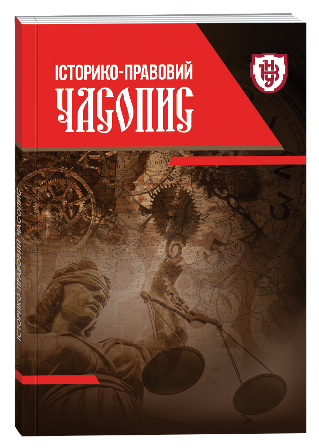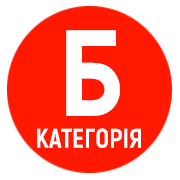Educational Migration Processes from the Perspective of History, Law and Sociology
Keywords:
right to education, educational migration, European educational programs, international student, mobile studentAbstract
The article presents an overview of educational migration processes from the perspective of history, law and sociology. It aims to introduce the reader to the general issues connected with migration flows of students around the globe and in Poland. Author points out and specifies the difference between a foreign student and a mobile student, what is of vital importance for the research. To give a better structure to the article, author decides to present all the data in accordance with three main groups: presenting main destination points for foreign students, defining main donor- countries of the mobile students and the reasons for choosing the country to study. Author also pays attention to Polish migration processes, trying to analyze the evolution of these processes in a historical flow.
References
For instance the Education at a Glance, prepared by the Organization for Economic Co-operation and Development (OECD), presents one of the best statistic researches in education field, yet still the researchers concentrate mainly on the issue of educational migration within the OECD countries. Despite the fact, that the OECD countries are hosting more than 85-90 per cent of the global educational migration, the rest 10-15 per cent should not be forgotten.
According to OECD and UNESCO Institute for Statistics, the number of foreign students in 1995 was estimated at around 1,7 million people.
Education at a Glance 2011: OECD Indicators. – OECD, 2011.
The further statistics are based on the latest data published by the Organization for Economic Co-operation and Development (OECD) in Education at a Glance 2013: OECD Indicators. Despite the fact, that the publication was released in 2013 (2012/2013 academic year), all data relate to the year 2011 (meaning 2011/2012 academic year).
United States, United Kingdom, Germany, France, Australia, Canada, Russia Federation, Japan, Spain, South Africa, China, Italy, New Zealand, Austria, Korea, Switzerland, the Netherlands, Belgium.
See table at: http://dx.doi.org/10.1787/888932850775.
See tables at: http://dx.doi.org/10.1787/888932850851 and http://dx.doi.org/10.1787/888932850813.
Lingua franca – the language, systematically used to make communication possible between persons, who do not share a common mother tongue.
We can talk only about post-World War II period, as in the interwar period the number of foreign students in Poland was negligible.
See generally C. Żołędowski. Studenci zagraniczni w Polsce. – Warszawa, 2010.
Previously – Socrates-Erasmus. Since 2014 the new Erasmus+ program was launched. The new program combines all the EU's current schemes for education, training, youth and sport, including the Lifelong Learning Program (Erasmus, Leonardo da Vinci, Comenius, Grundtvig), Youth in Action and five international cooperation programs (Erasmus Mundus, Tempus, Alfa, Edulink and the program for cooperation with industrialized countries).
Data from the Main Statistical Office (GUS) from the year 2013/2014.
So called «internationalization index». The most commonly used indicator of the internationalization of higher education. It is the share of foreign students in the total number of students in the country. In the leading countries in this respect foreign students represent 10-15% of the total number of students (in Australia even 21.5%). The OECD average is around 8%, the EU average is 7%. In the academic year 2012/13 Poland had 29172 foreign students – a proportion of the total number of students (1 675 815 people) gives an index of internationalization of 1.74%.
Data refers to the year 2008. Source: C. Żołędowski (ed.), Studenci zagraniczni w Polsce. – Warszawa, 2010.
Report «Studenci zagraniczni w Polsce 2013» [Electronic resource]. – Mode of access: http://www.studyinpoland.pl.
Downloads
Published
How to Cite
Issue
Section
License

This work is licensed under a Creative Commons Attribution-NonCommercial 4.0 International License.







